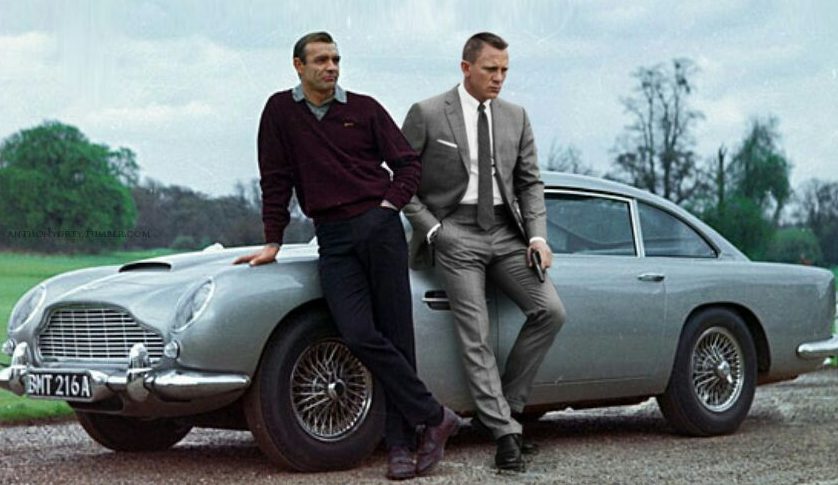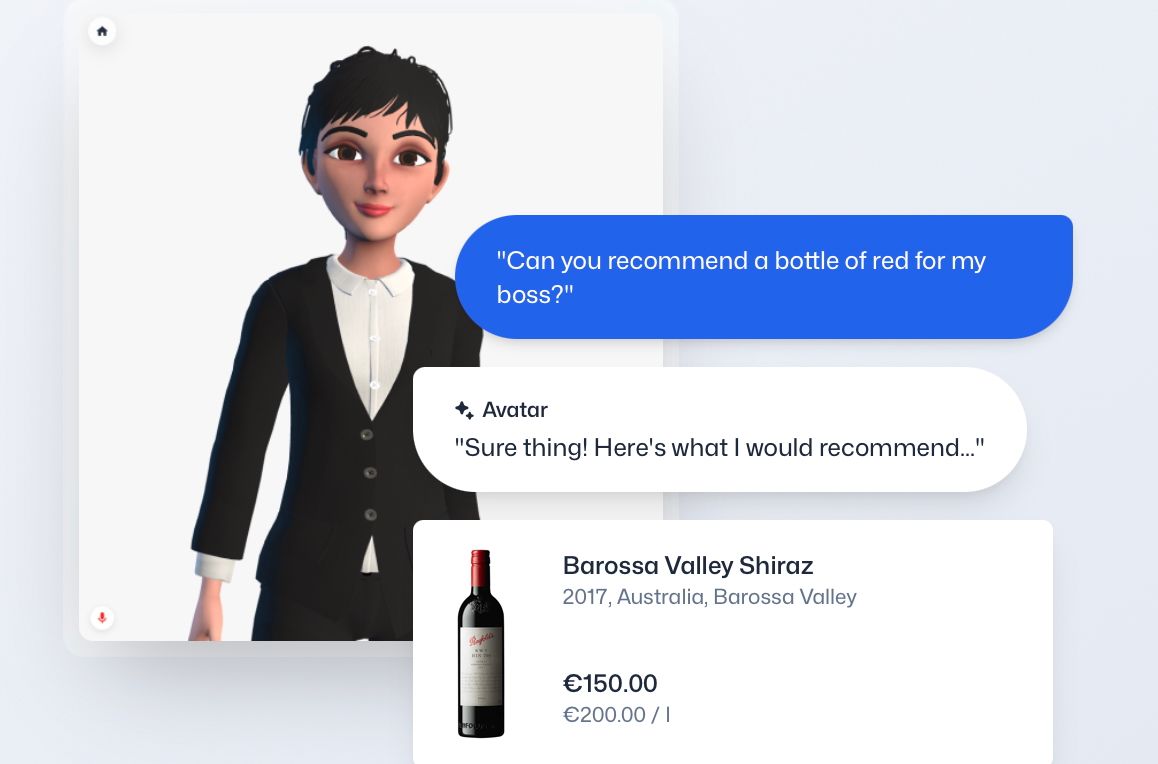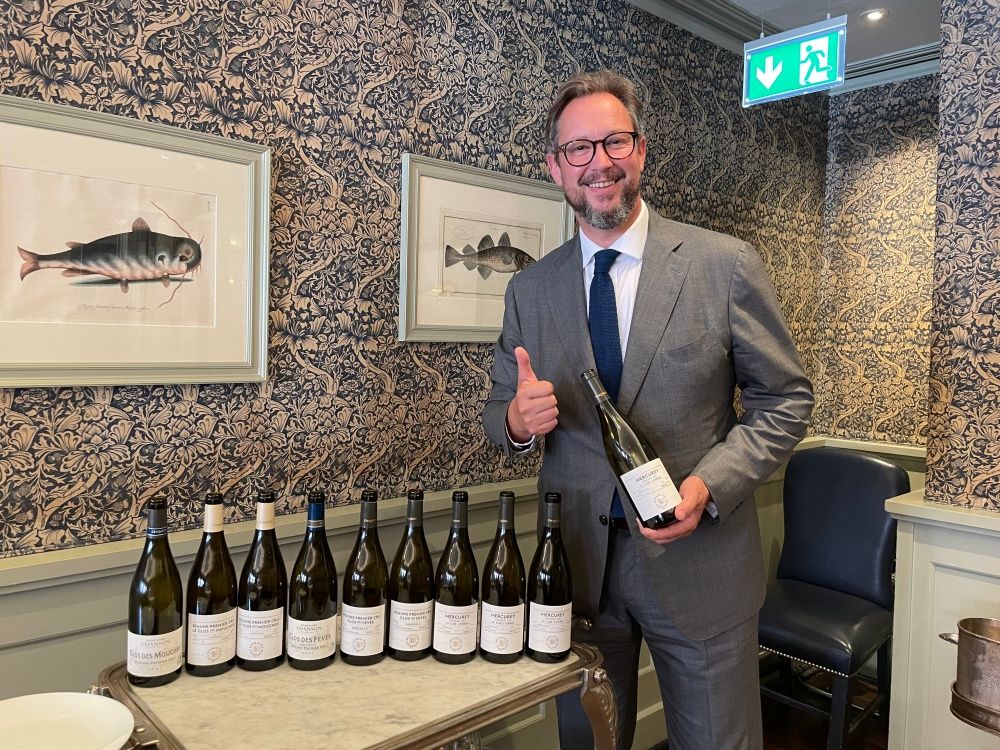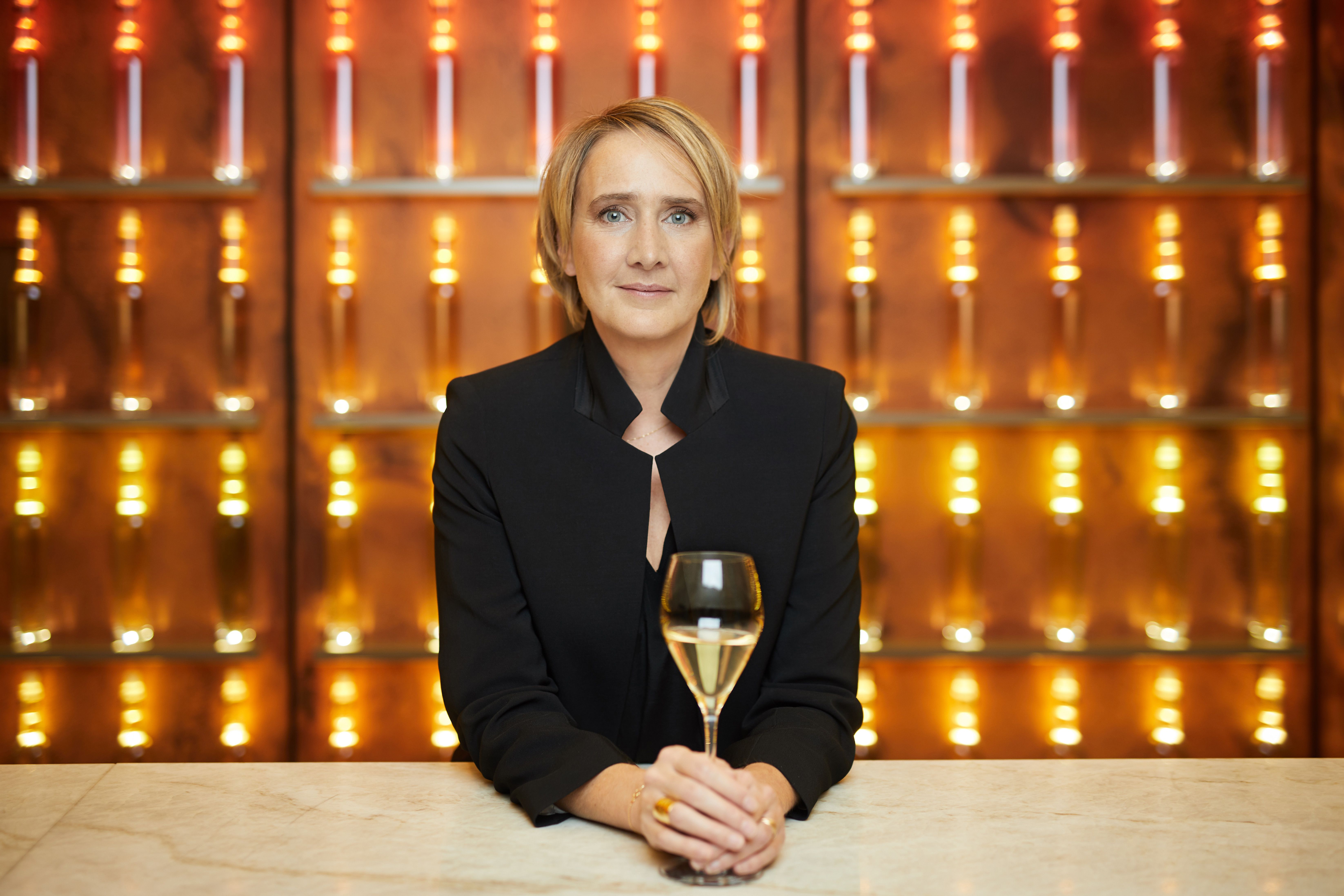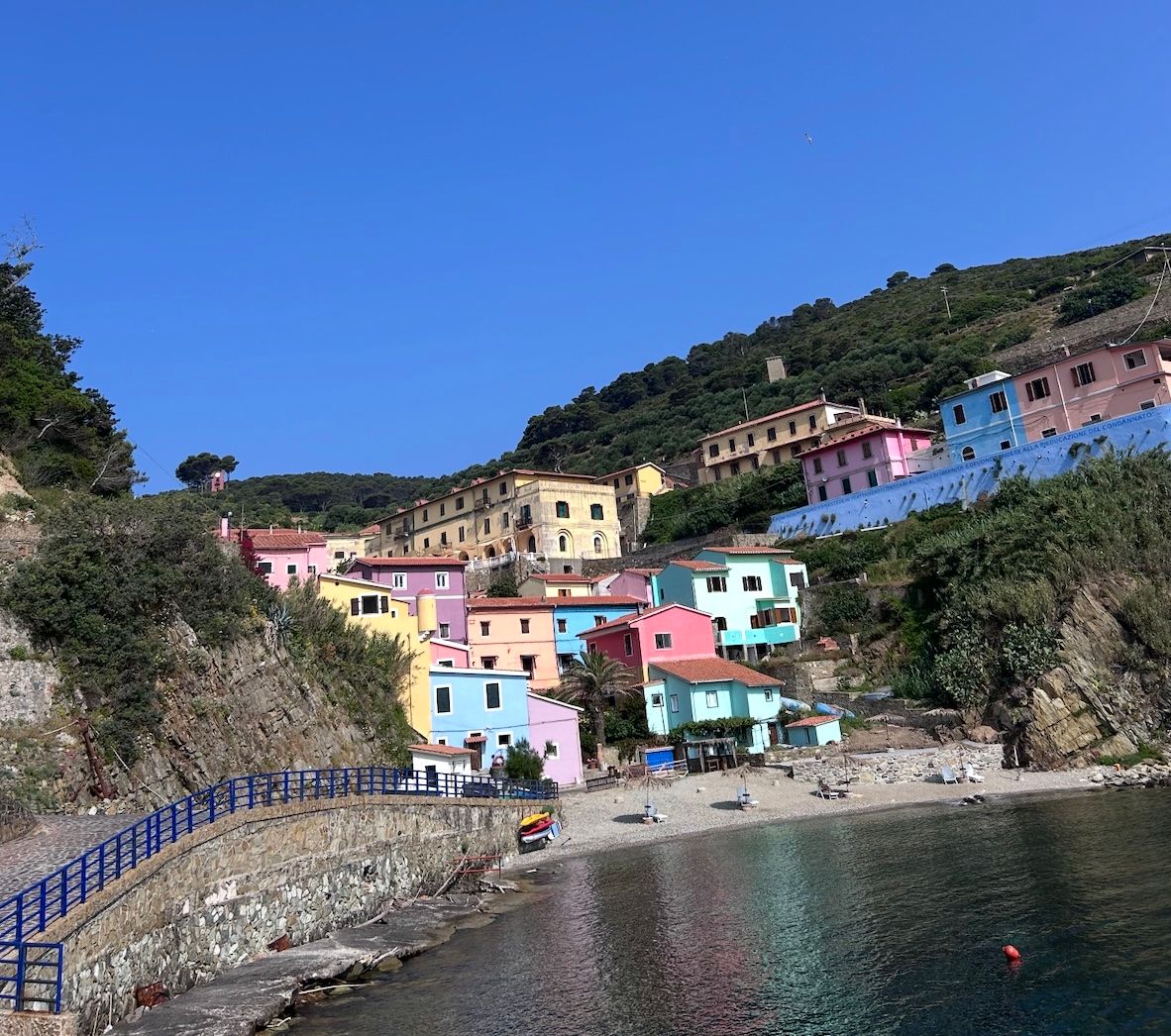As the number of wine buyers grow to service different channels of the on-trade as does the choice of suppliers, agencies and consultants widen with which to work with to find the right wines for your business.
We hear a lot about how businesses are looking to increasingly downsize their operations to focus in one or two key areas they know they can specialise in rather than cover a whole range of bases they do reasonably well.
The same is equally true of people. Changes in the way we can now all do business means you don’t have to be an all singing dancing corporate machine to be a success. You can achieve a great deal on your own working with a lap top and a lock up.
There are an increasing number of leading wine businesses that are really starting to make a difference that when you scratch below the surface you realise you could get the whole team in a family estate car.

Richard Leaver: has left corporate world to go it alone
Or in Richard Leaver’s case on the back of a motorbike. Leaver will be well known to many in the drinks industry for his various high profile corporate roles.
Positions that have seen him gain experience right across the wine industry from working directly with major grocers and specialist drinks retailers, building up and developing wine brands and portfolios, particularly during his time at Fosters, before heading up the commercial division for Chile’s Santa Rita Estates across Europe.
But it is when he left Santa Rita in 2010 that he decided the time had come for him to use his many years of experience to make a name for himself, rather than the big businesses he had previously worked for.
Going it alone
Setting up on your own is a daunting prospect for even the most experienced business executive. There is no-one to delegate work to, bounce ideas off, and no monthly salary if things don’t go well.
Leaver says it has actually been in his previous non-wine career that he has been able to lean on to help him establish Twin Thieves, his own wine consultancy, sourcing and brand development business
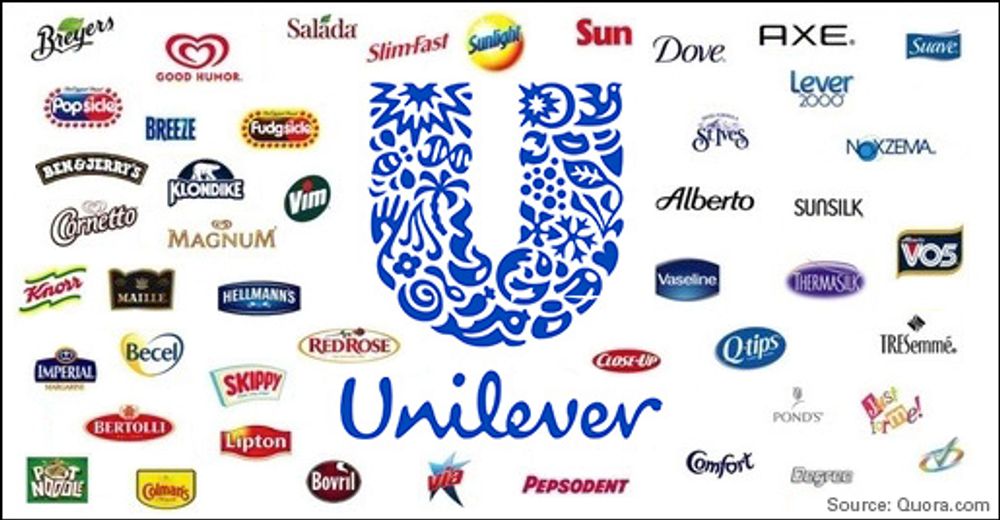
Brand and business disciplines learnt whilst working at Unilever have helped Leaver throughout his career but particularly working on his own
For his journey into wine actually started out working in a very different part of the grocery business. Namely razors with Gillette and then a whole range of household goods during his four years with Unilever in the late 1990s and early 2000s.
It is, though, the disciplines, or what he calls “the rigour” that he learnt during those years in FMCG that he says have been invaluable in really pinpointing where he thinks he can now make a difference operating running his own business.
“There is a lot of passion in the wine industry, but the rigour, the business disciplines, are missing,” he explains. “There are a lot of very ambitious owners and producers who all want to protect their brands, but are all following the same business model.”
Ask the average producer from a particular country if they do regular benchmark wine tasting of wines from other countries in their price category and they rarely do, says Leaver. They are normally only focused on their country’s or region’s wines, he adds.
Need to be agenda setting
It certainly means being even more on top of all the major wine trends and agendas taking place around the world rather than being fixated on whatever wines and brands your corporate business is involved in, says Leaver.
Interestingly he says one of the biggest differences he has noticed working for himself rather than a big corporate is that he is so much more aware of what is around him. “I no longer have a car to pick me up at the airport. I take the public transport. I now realised I missed so much in my previous life. You see and learn so much more just by travelling around by yourself. You go and drink and eat where the locals eat and not in a big hotel. It certainly helps when you walk in to the winery the next morning and tell them you were eating in their local restaurant the night before.”
Three routes to market
Through Twin Thieves he is effectively working in three main areas:
- consulting directly with wine businesses to help them develop new areas of business.
- working in an agency capacity for premium brands and wineries around the world.
- and sourcing and managing bottled and bulk wine wine, from which it can draw a commission.
With such a wide business strategy he realised he could not do all this on his own. Particularly when he identified Spain as being one of the most important countries as being the ideal source for many of the wines he would likely want to import.
“When I decided to go it alone I did what any good corporate person would do. I looked at the numbers. It was clear Spain was the country to look at.”
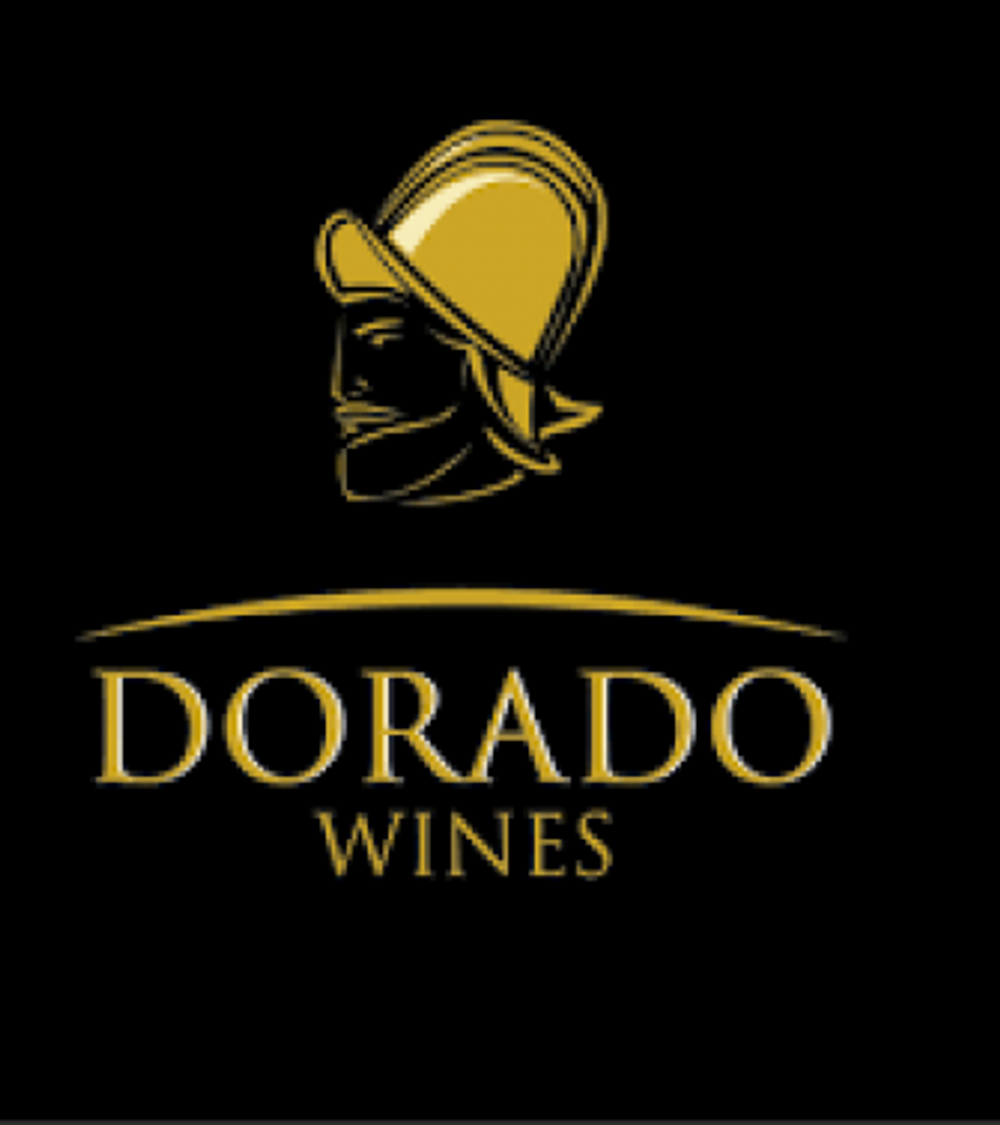
It was then that he was introduced to his business partner, Domingo Miguel, who has strong, direct contacts with major Spanish producers and co-operatives through his own one-stop sourcing and consultancy business, Dorado Wines.
In a relatively short period of time they have built the business up to be handling around 7m litres of bulk wine a year and is currently shipping 14m bottles to the UK alone.
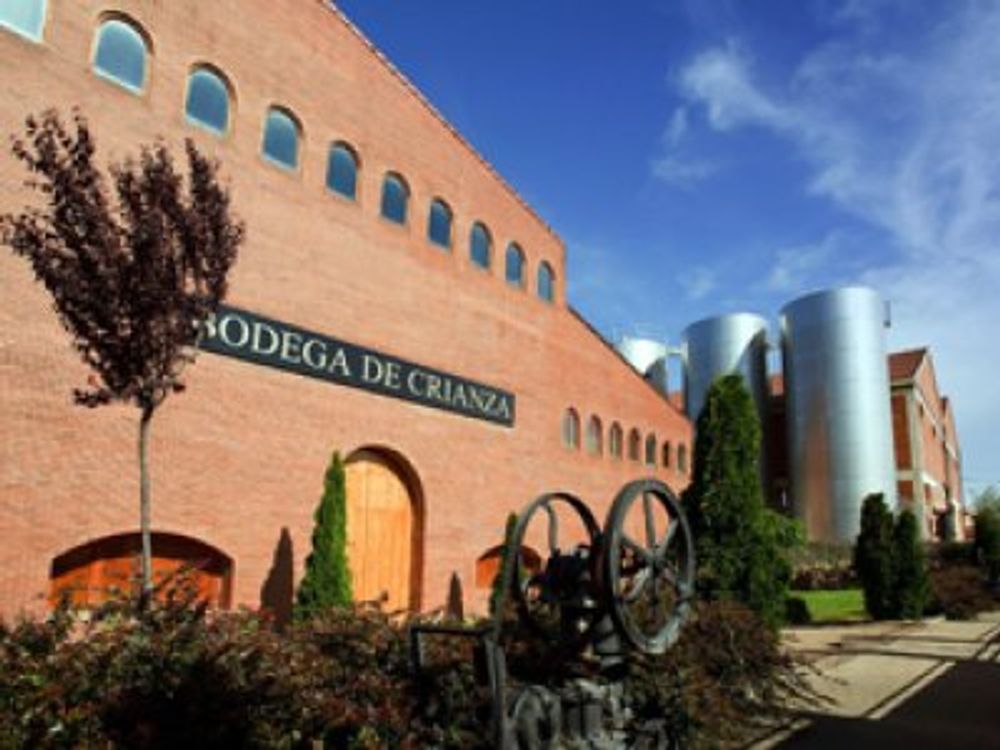
It works with a number of wineries, but chiefly with Bodegas Paniza in Cariñena in Zaragoza and a co-operative in Viñas Almirante in Rias Baixas. It is also sourcing wine in La Mancha, with Bodegas Lozano and Extremadura. It has also reached over in to Portugal and works with Parras Wines near Lisbon. The bulk side of the business has also taken him to Australia where he works in the Riverland region.
Big learning curve
Bulk wine is an area that Leaver admits is not an area he was not heavily involved in his previous roles. He now finds it fascinating. Be it shipping wine all around the world, or just between wineries in a particular country.
“We work in a number of different ways. We have even bulk shipped oak aged wines.”
“The first thing you realise is that bottled wine and bulk wine are two radically different markets,” he adds. “I have learnt a great deal about bulk wine and certainly made mistakes along the way. But the two key things to get right are speed and flexibility.”
He has been increasingly attracted to what he sees as the far more complex bulk wine market than he would otherwise appreciated. Like the fact so much of it is actually being shipped between regions and producers within a particular country.
“You have got to make decisions quickly. It’s a case of “do you want to buy this wine or not”. If you don’t act then it will be sold elsewhere.”
Quality controls
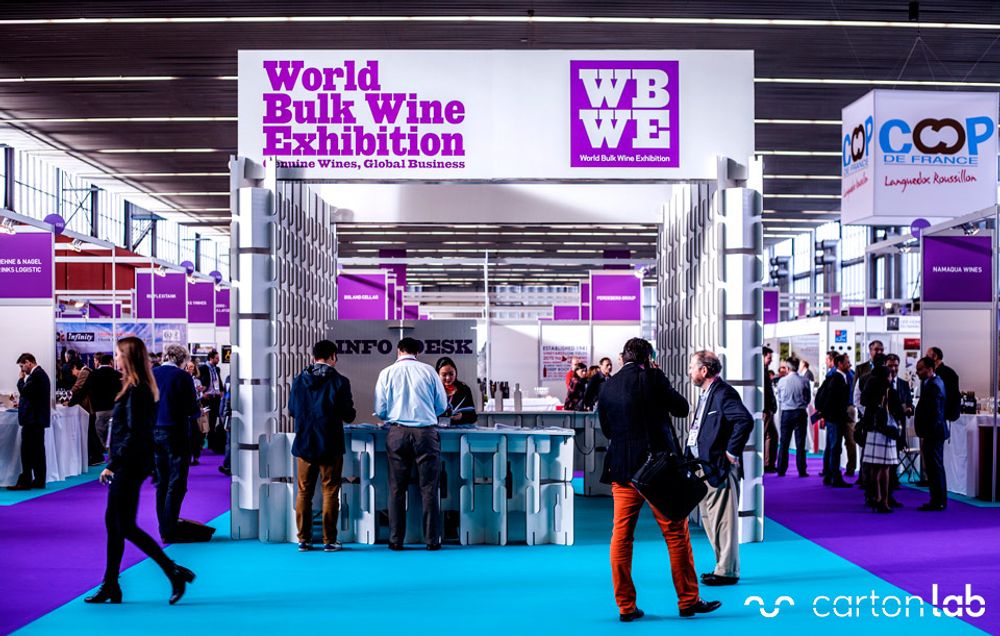
The bulk wine industry has developed in to a major global wine business in its own right with its own dedicated shows requiring specialist businesses and skills
Equally the level of controls and quality around bulk wine has increased enormously. “You are now having to find ways of cold stabilising 26,000 litres of wine. You need the equipment to do that.”
Businesses that have traditionally been seen as bottlers have not only transformed their own models, but are helping companies like his find a relevant place in the market.
“Just look at Kingsland. That’s a great business model. The fact they have become Tesco’s biggest wine supplier tells you all you need to know about how good that business is.”
But being able to see the commercial value and opportunity in wine at what are often entry level price points requires very specific skills. “It requires commercial level tasting skills,” says Leaver. “It is why I am proud to have my wine in Aldi and Tesco. That is wine that real consumers are buying and drinking.”
He added: “At Unilever I was used to selling yellow fats. I have always been drawn to working with mass consumer products that people want.”
On-trade push
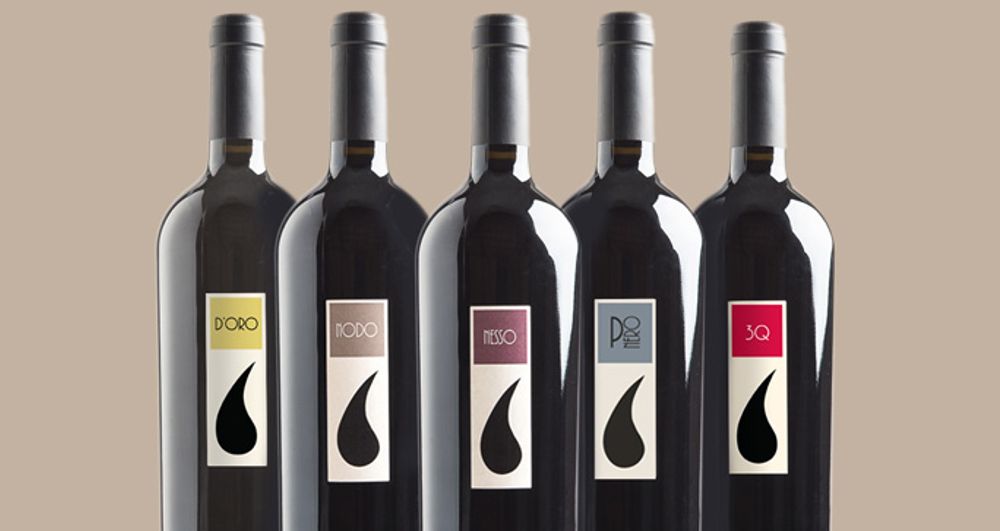
Cantina Goccia winery in Umbria is helping Leaver gain a foothold in the premium on-trade
It is why Twin Thieves is looking to work in all areas of the drinks trade and is particularly keen to build its profile and network in the on-trade and hopefully become close partners with major pub, restaurant and casual dining operators.
It is, for example, working with Italian premium wine producer, Cantina Goccia in Umbria, which has had success picking up awards in major UK wine competitions. Its range includes the more traditional 100% Sangiovese IGT wines, Nesso and Nodo, whilst its D’Oro brand is getting particular attention as it is 100% made from the less well known Grechetto grape.
“I saw on Linked-in that they were advertising for a job so I introduced myself and said I wanted to build up a base of good on-trade customers and could work with them to help do so.”
It appears to be working so far as Leaver has found them listings with Terrravina, Lime Wood and The Pig Hotel chain.
“I hope over the next 10 years to be working more with restaurant and hotel customers and less with the major multiples.”
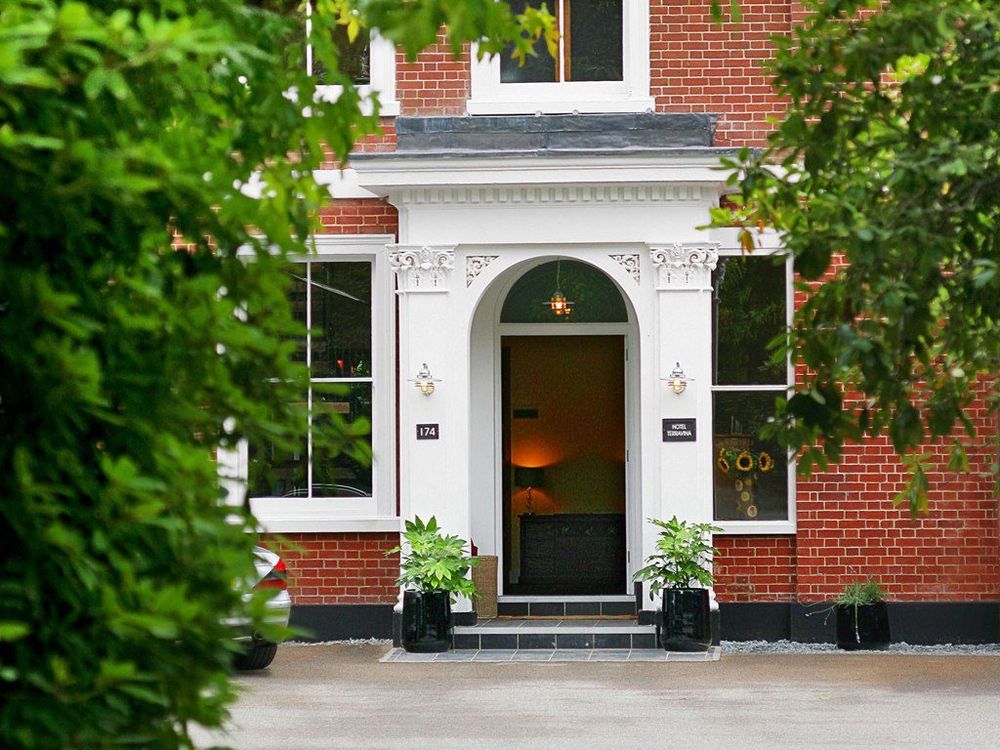
Terravina run by Gerard Basset MW MS has taken on Cantina Goccia wines
Right model for right customer
Although on the face of it Twin Thieves is involved in three very different business areas, Leaver is always looking for synergies and opportunities that might arise which another part of its business can get involved in.
But that’s the beauty of the modern wine industry. Yes, there are still specific channels of the trade, but how the wine gets to be sold in them can come from a multitude of different routes. It is his job, if you like, to “see how all the different cogs connect”. “There is a much bigger network of buyers now.”
“We will try different models to make things work,” says Leaver. “Leverage one to help another.”
“The classic distribution model has evaporated. Being all things to all people just does not work anymore,” claims Leaver.
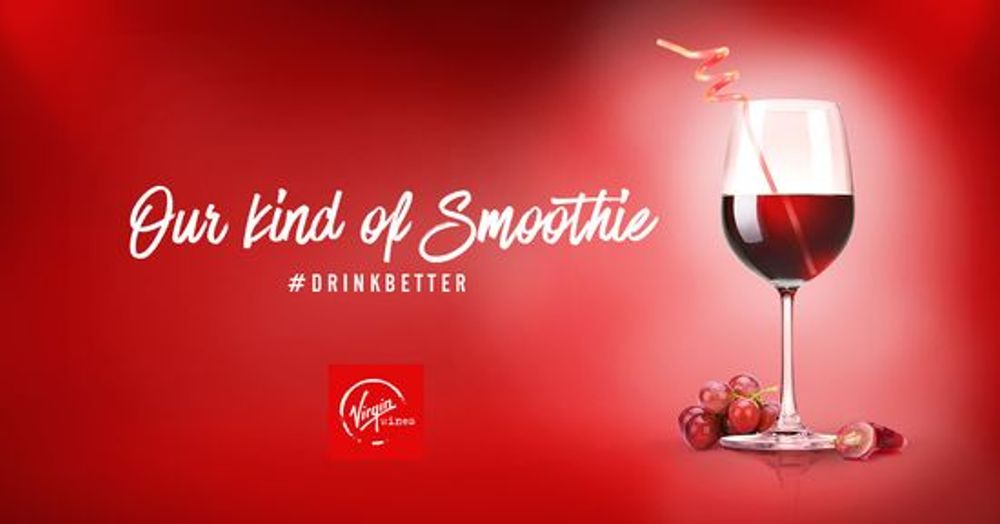
Leaver says customers like
Virgin Wines are looking at ever more innovative ways to source wine
He also dismisses the notion that most countries wine buying power is in the hands of a handful of people in the biggest retailers or distributors. There are, for him, now so many different routes to market. It is, for example, doing good business and good volumes of wine with Virgin Wines and its direct to consumer, online model.
Adapt and thrive
“The challenge for people like me is to adapt my business model to find the best route to market for my wineries and customers,” says Leaver. “We can become an extra arm of their business. We don’t just want to be seen as an agency, but part of their management team helping them to do business in different markets. Getting an agency is only part of the answer. You have to build on that and really work the market to be successful.”
He admits it is does not always work. “Sometimes you are trying to fit round pegs and square holes. But you have to find the right approach that does work.”
One of which is ensuring major wine buyers can have as much access and a relationship with the end producer or grower as they want. Which, after all, is what the consultancy and sourcing world is all about.
